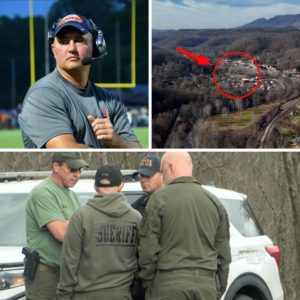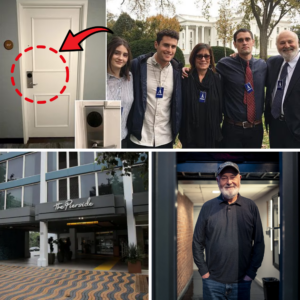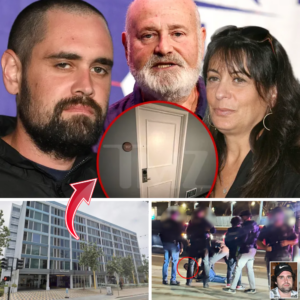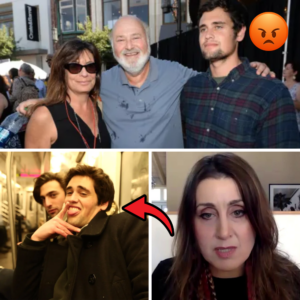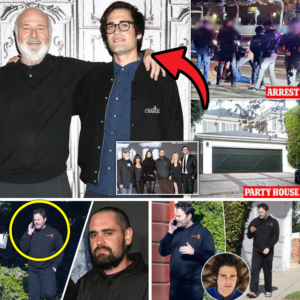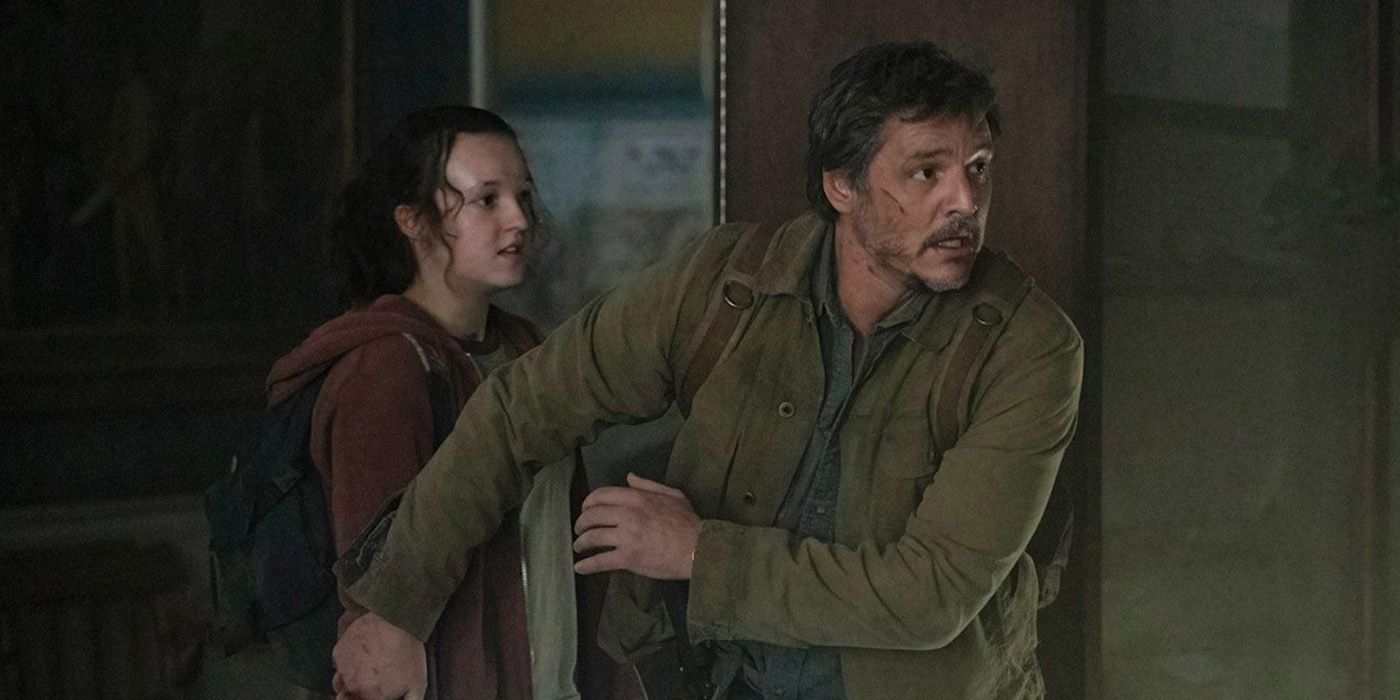
The critical consensus is that HBO’s adaptation of The Last of Us is “everything a great adaptation should be.” It makes a lot of sense that The Last of Us would make for a good television show. The original game is incredibly cinematic, with the most important narrative beats taking place in cutscenes and exquisitely defined characters that really suck the player into the story. But while it feels like an obvious choice to adapt into a big-budget television series, there’s one piece that will prove to be drastically more difficult to adapt than the bulk of the game. That is, of course, the iconic ending.
The Ending of The Last of Us Video Game Hits Hard
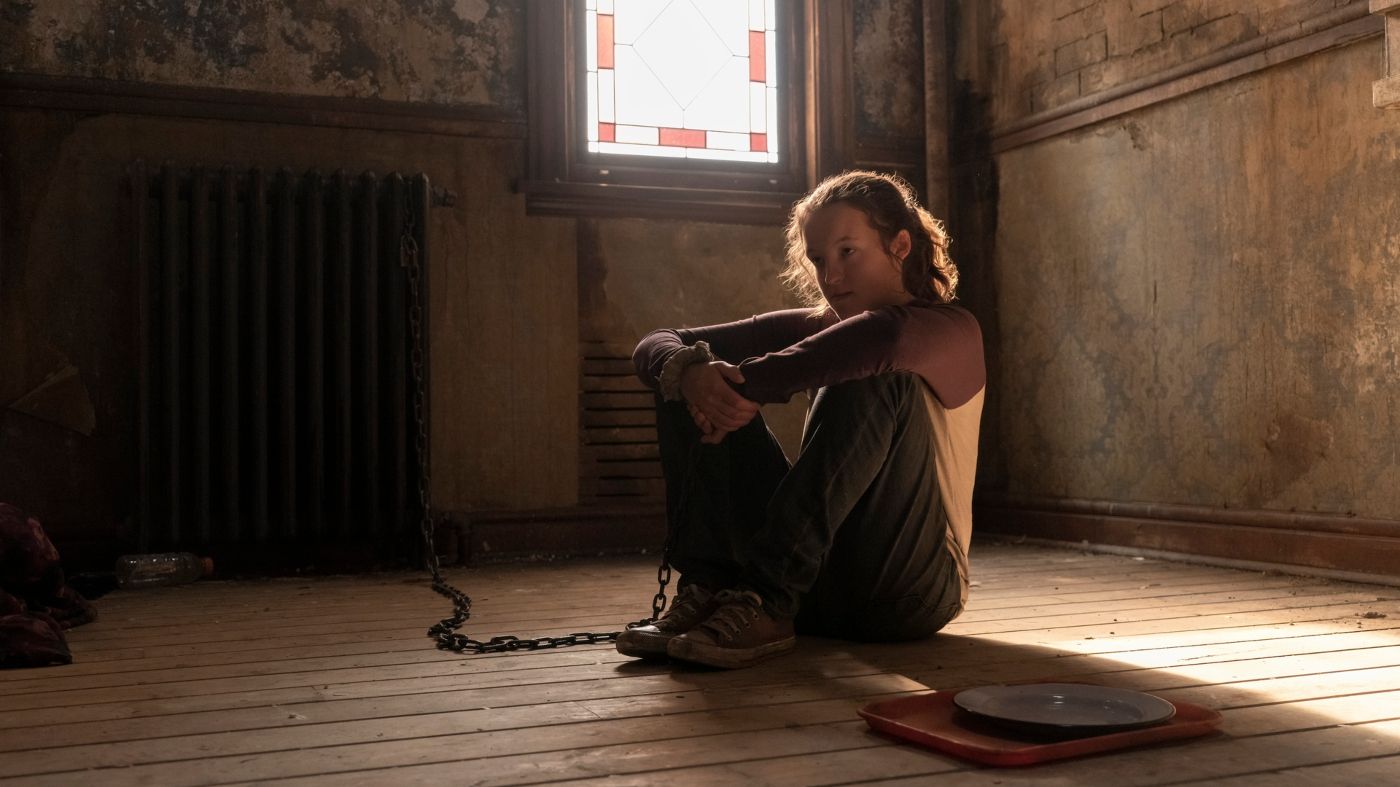
The Last of Us has one of the most memorable endings in video game history. Even if you haven’t played the game, if you’ve spent enough time in any video game-centric communities you probably know how it ends. After trekking across what remains of the United States, Joel (Troy Baker in the game, Pedro Pascal in the show) has successfully brought Ellie (Ashley Johnson in the game, Bella Ramsey in the show) to the Fireflies, who reveal to him that they can extract the mutant strain of the Cordyceps fungus from her brain to create a vaccine. Only there’s a cost — Ellie won’t survive the extraction procedure. Unable to let go of the girl he traveled across the country with, Joel murders his way through the hospital, grabs Ellie, and leaves a trail of bodies in his wake.
There are no “good guys” as Joel makes his way out of the Fireflies’ hospital. Joel murdered some of the only people who could save humanity from the Cordyceps fungus. The Fireflies were about to perform a lethal surgery on a 14-year-old girl without bothering to ask for her consent first. And when faced with the opportunity to explain his actions to Ellie, Joel lied and said there was no hope of a cure in order to justify his actions to her. Neither Joel nor the Fireflies were willing to give Ellie any agency, only viewing her as what she had come to represent them. To Joel, she was the daughter he’d lost 20 years ago. To the Fireflies, she was salvation. She wasn’t her own person to either of them. It’s the perfect gut punch to punctuate a game that walks a fine line between optimism inspired by human connection and pessimism about the flaws of humanity as a species.
The Player Is an Essential Part of the Video Game Ending
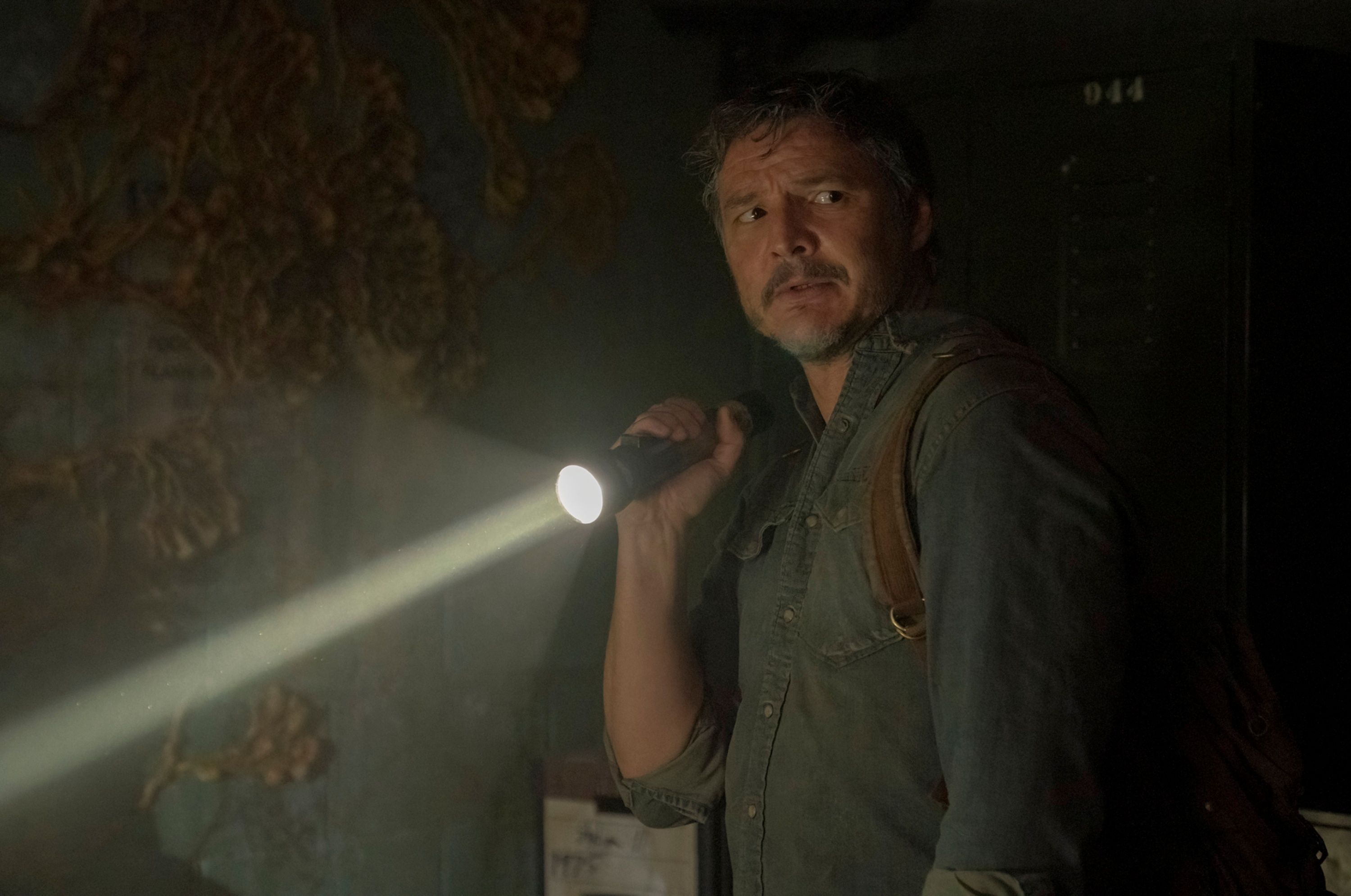
This is a compelling conclusion based on the thematic resonance alone, but there’s another piece to it. Video games are an interactive medium. By the time the player has reached the ending, they’ve been playing as Joel (and as Ellie for a short while) for 15 to 22 hours on average. During that time, the player will have directed Joel to kill dozens of people (not just infected), and quite likely watched him and Ellie repeatedly die as a result of their own actions. While many key moments in the game occur in cutscenes where the player has no control over what occurs, there’s still a lot that Joel has done that the player is directly responsible for. This creates an emotional connection between the player and characters in a much more visceral way than passively watching a character do things in a non-interactive medium like Television or Movies. And that association becomes the key to the ending’s effect on the player.
I already knew how the story was going to end when I started playing The Last of Us. Going in, I wasn’t sure if that would ruin the experience or not. But by the time the credits rolled, I sat there on my couch not entirely sure what I was feeling, only that I was definitely feeling it. Part of my response was the result of that final lie, that decision that Joel made independent of me. But the other part of it was the sequence that came before when I controlled Joel as he made his way through the hospital to Ellie. The game expects you to kill the Fireflies that get in your way as you hurry to save Ellie. It encourages you to do it–the hospital is set up like every other combat area in the game; there are supplies you need to make traps, shivs, and explosives; the game even gives you a brand-new weapon to try out in these final moments with enough ammo to gun down most enemies that come at you. You can use the game’s stealth mechanics to avoid fighting the soldiers and doctors in your way, but it’ll probably be harder to pull off. The game gives you every opportunity to kill the Fireflies because that’s what Joel would do. So that’s what I did.
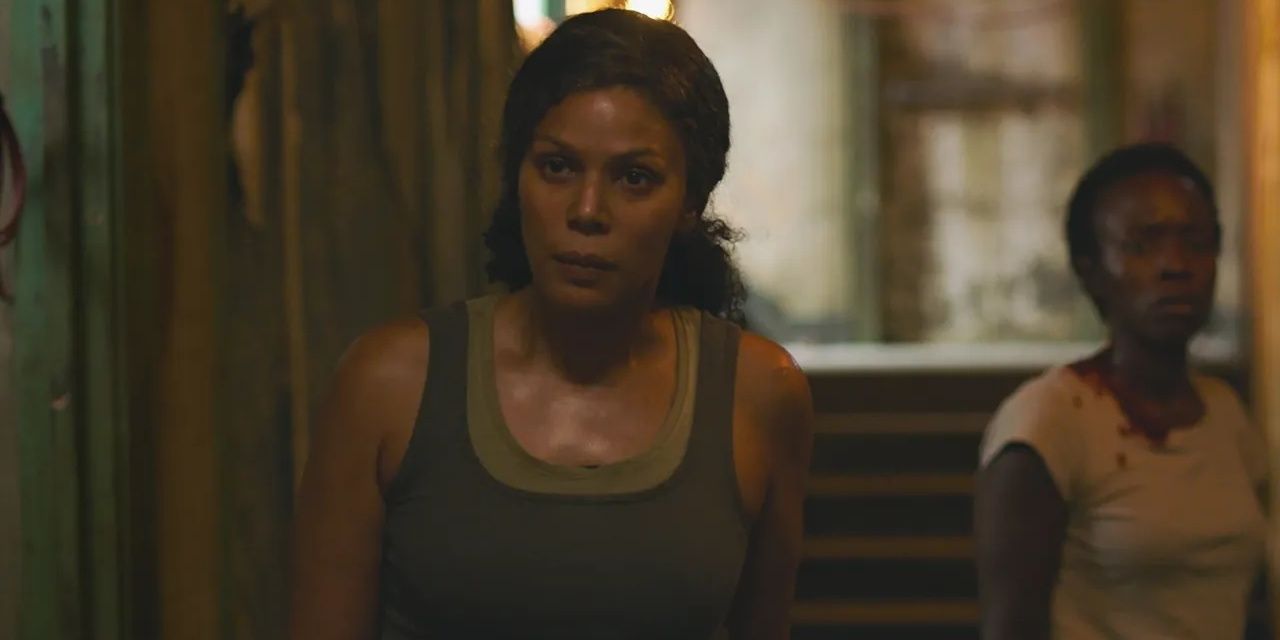
I didn’t want to kill the Fireflies. They weren’t being any fairer to Ellie than Joel, but they were also trying to save humanity. Killing them meant it was infinitely more likely that this world would never recover from becoming the post-apocalyptic nightmare you’ve been exploring the whole game. I could’ve chosen to take the other path, and sneak past them instead of killing them. But it wouldn’t have changed anything. That option to stealth through the final section? It’s an illusion. The game still forces you to kill the Doctor that was going to operate on Ellie, it still makes you to watch helplessly as Joel guns down Marlene (Merle Dandridge) and lies to Ellie about the possibility of a cure. You can’t change that, no matter how much you try to make Joel better, in the end he’s still Joel.
That aspect of player agency is crucial to the impact of The Last of Us’s ending. It creates a narrative experience that is shaped by the player’s choices at the moment and then tells you it doesn’t matter in the long term. This is the fundamental narrative tension that defines the entire game. Over the course of the game you share in Joel’s successes and failures, you grow closer to Ellie has he does, and you come to understand why he does what he does. By the time you reach the hospital you have become Joel, and then the game reminds you that Joel is a violent murderer. Even if you don’t choose to kill the Fireflies, you know that Joel would, and since you’ve come to strongly identify with him that dissonance forces you to grapple with the emotional complexity of Joel’s final decision more directly than any non-interactive medium could.
HBO’s adaptation of The Last of Us has a ways to go before it reaches that crucial final moment. It may be able to recreate the character dynamics, the excellent pacing, and the sensation of hope tinged with melancholy that makes the original game feel so distinct. But it won’t be able to replicate that aching feeling of wondering “what have I done?” that the game produces. The show will need to find its own angle for that sequence, some different emotional hook for the audience to willingly go along with it as Joel falls back into his old ways to rescue Ellie one last time. It definitely possible that The Last of Us will succeed at adapting this crucial moment, but it will be the biggest challenge the show will have to face.
